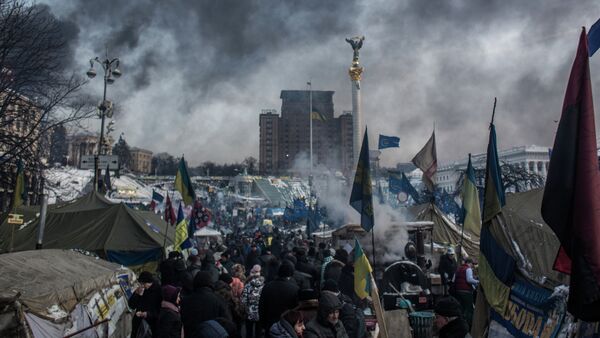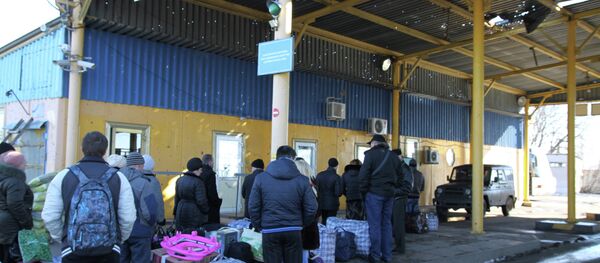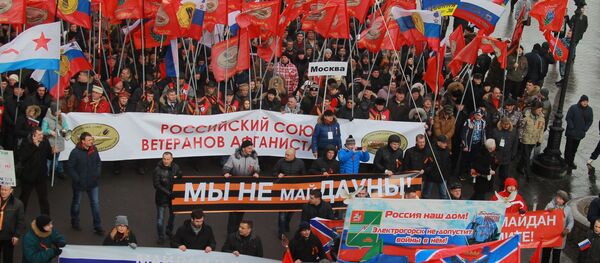This leaves opinion virtually unchanged from a poll conducted a year ago, in February 2014, when 75 percent of respondents gave the view that a Maidan scenario in Russia would be impossible; 15 percent said that it was, and 10 percent found it difficult to answer.
Valeri Fedorov, Vtsiom's General Director, noted that Russians are in principle fearful of revolutions, given the country's turbulent history, adding that they are particularly fearful of the Ukrainian scenario: "People seem to realize that these revolutions result not only in confusion and chaos, but also in serious negative consequences for Russia…An 'Orange Revolution' took place as far back as 2004 [in Ukraine]. Last year, Russians had the most negative expectations [toward a repeat in 2014]. They expected an economic downturn, policy reversals, a socioeconomic crisis, etc. These were the expectations, and now a year has passed, and it turned out that everything is even worse than expected, plus a war has started. Therefore, Russians have only become more entrenched in their positions."
Earlier this week, polling conducted by the Public Opinion Fund found that 60 percent of Russians hope for improved relations with Ukraine in the near future, with seven percent saying that this will be possible only in the long term; ten percent found it hard to answer. Meanwhile, 64 percent believe that Ukraine will not be able to join the European Union, and 20 percent said the opposite; 59 percent believe that Ukraine will not be able to join NATO, and 22 percent said the opposite.





